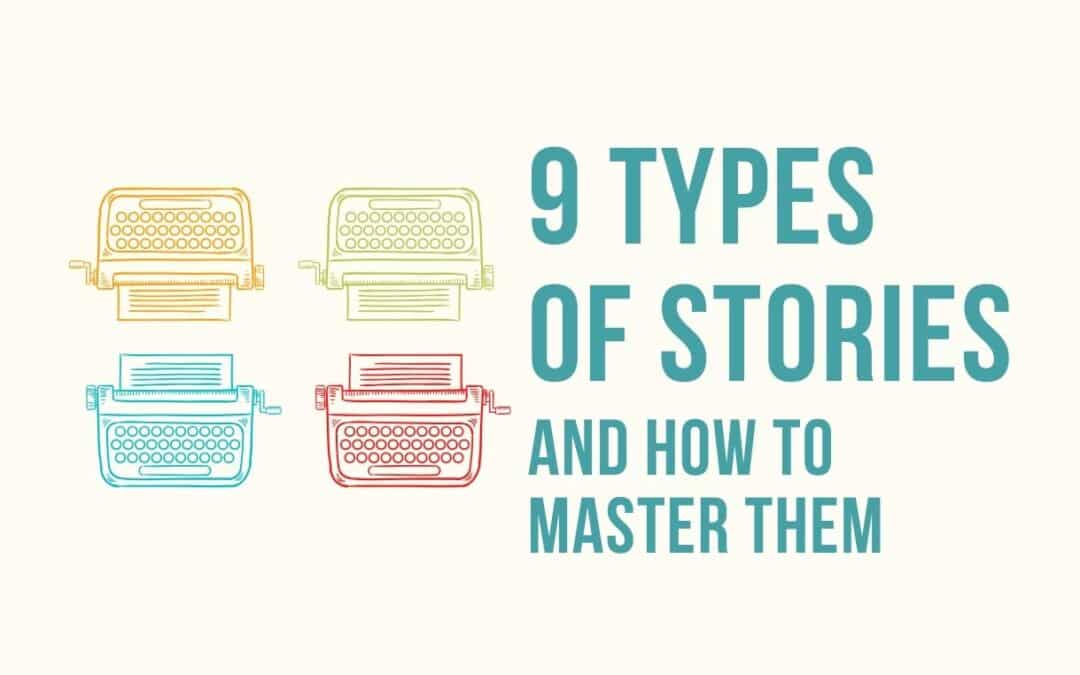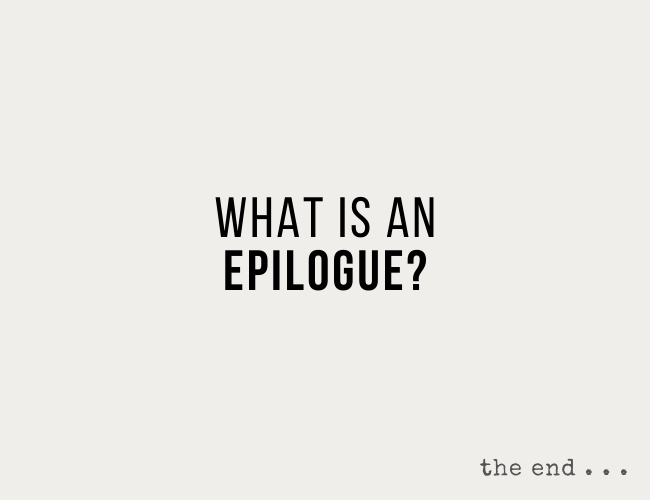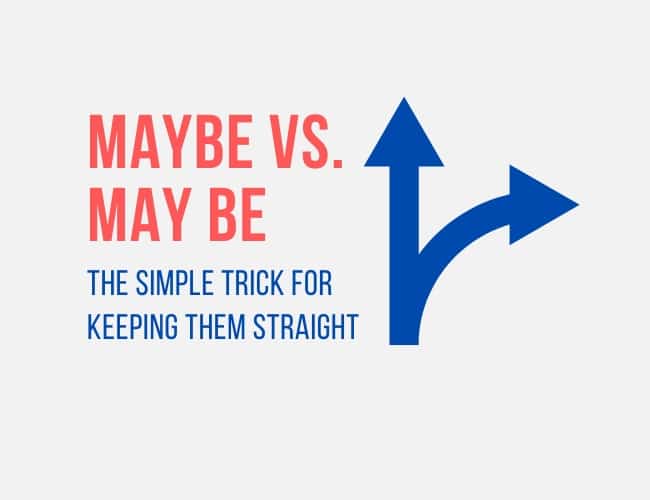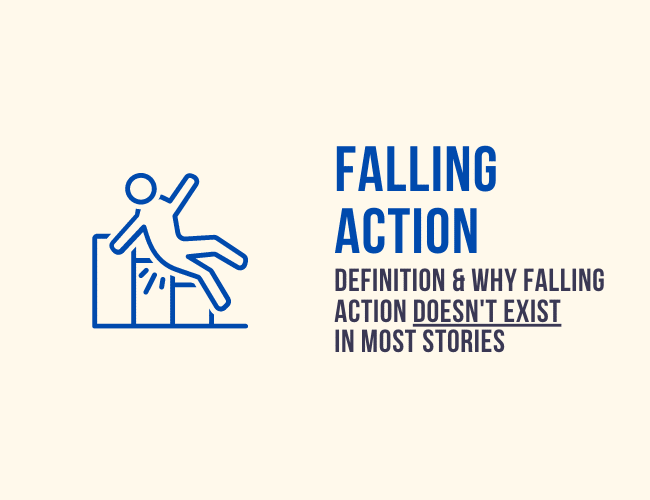The Write Practice Needs Your Help
A plea for help from the founder of The Write Practice.
A plea for help from the founder of The Write Practice.

How do you write a best-selling novel or an award-winning screenplay? You might say, great writing or unique characters or thrilling conflict. But so much of writing a great story is knowing and mastering the type of story you’re trying to tell.
What are the types of stories? And how do you use them to tell a great story?
In this article, we’re going to cover the nine types of stories, share which tend to become best-sellers, and share the hidden values that help you master each type.
But first, what do I mean by “types of stories”?

You know you’ve seen it at the end of a book, but what does it mean? What is an epilogue actually? Why not just call it, “Last Chapter?” Who thought up this word, “Epilogue,” anyway? And if you’re a writer, should you end you’re book with an epilogue?

Maybe and may be are both used to discuss possibility. However, they are different, with the main difference between these two words being that they are two different parts of speech.
As you may remember from elementary school, there are nine different parts of speech. Let’s look at how to distinguish between maybe and may be.

The falling action is a literary term you hear thrown around in middle school writing classes and on creative writing blogs, but what is it? And will it actually help you understand, and maybe write, a good story?
In this post, I’m going to define falling action, talking briefly about its origin as a literary term and its place in dramatic structure, and then talk about whether you should incorporate it into your story structuring process.
Spoiler alert: you shouldn’t.